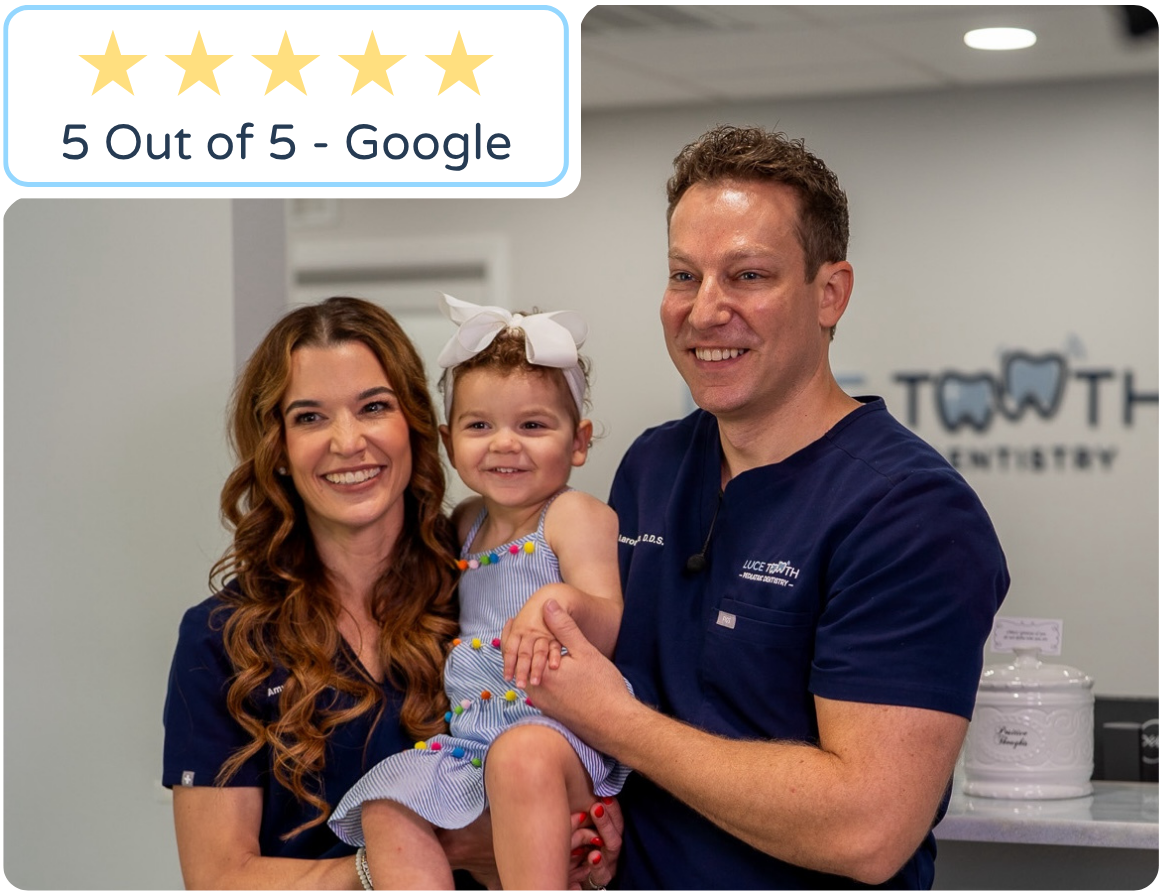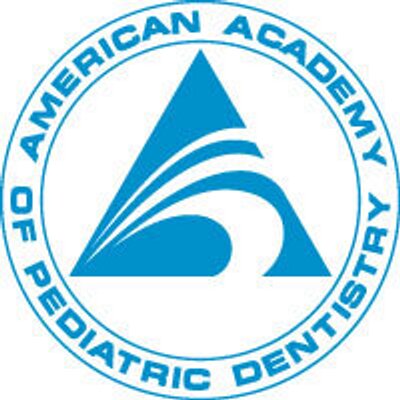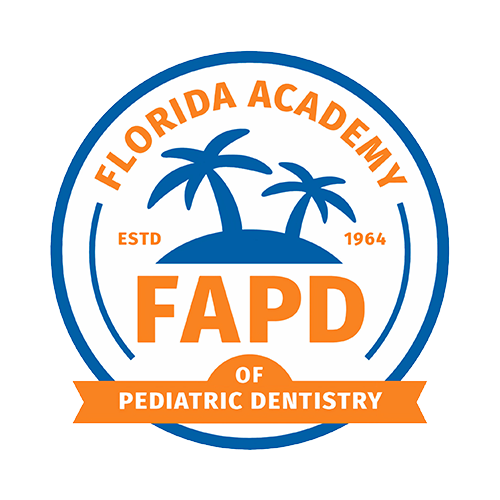Where modern pediatric dentistry feels warm, personal, and truly family-centered.

From first visits to advanced treatments, our family is here to support every stage of your child’s smile with gentle, personalized care.
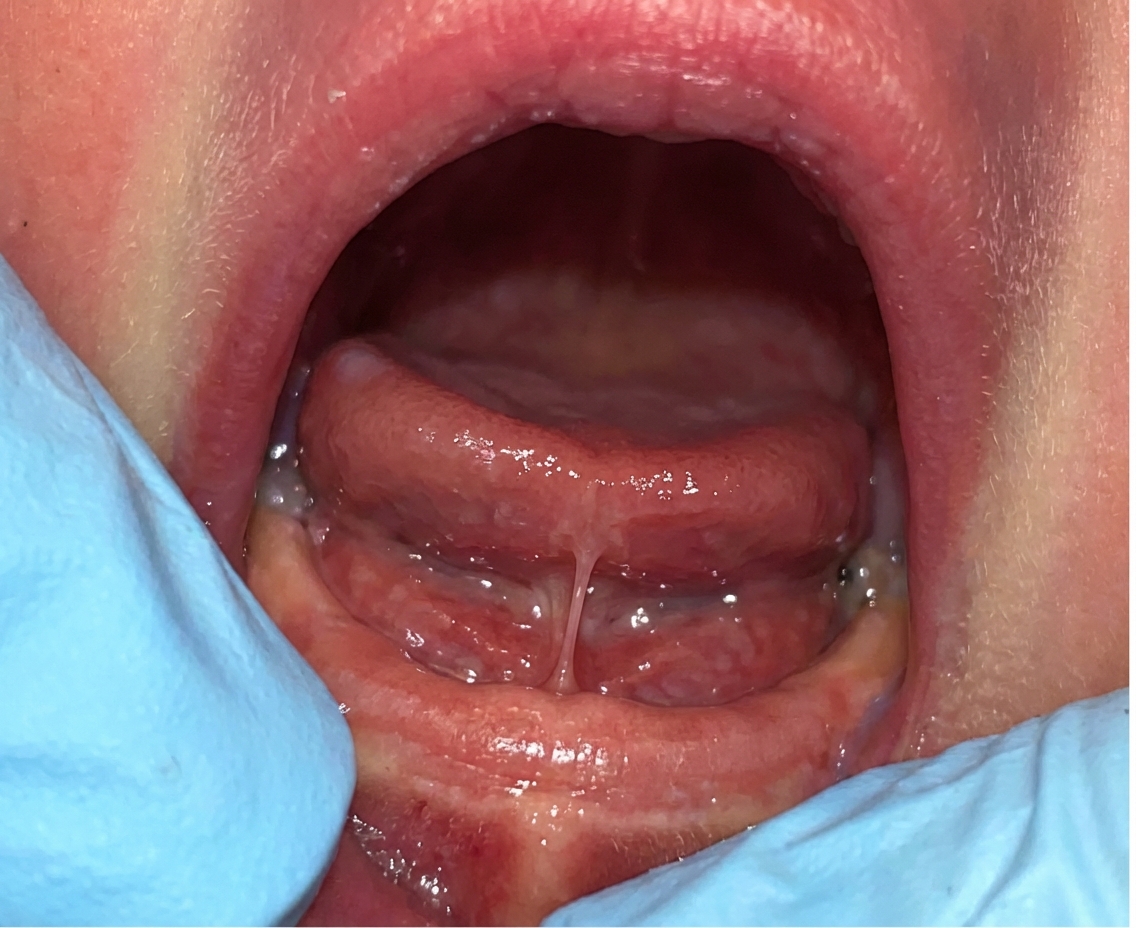
Our team provides careful evaluation and gentle treatment for infants and children with tongue-tie or lip-tie. Using the LightScalpel CO₂ laser, we offer precise and comfortable releases that can improve feeding, speech, and overall oral function. Every family receives clear guidance, education, and compassionate support from start to finish.
Learn More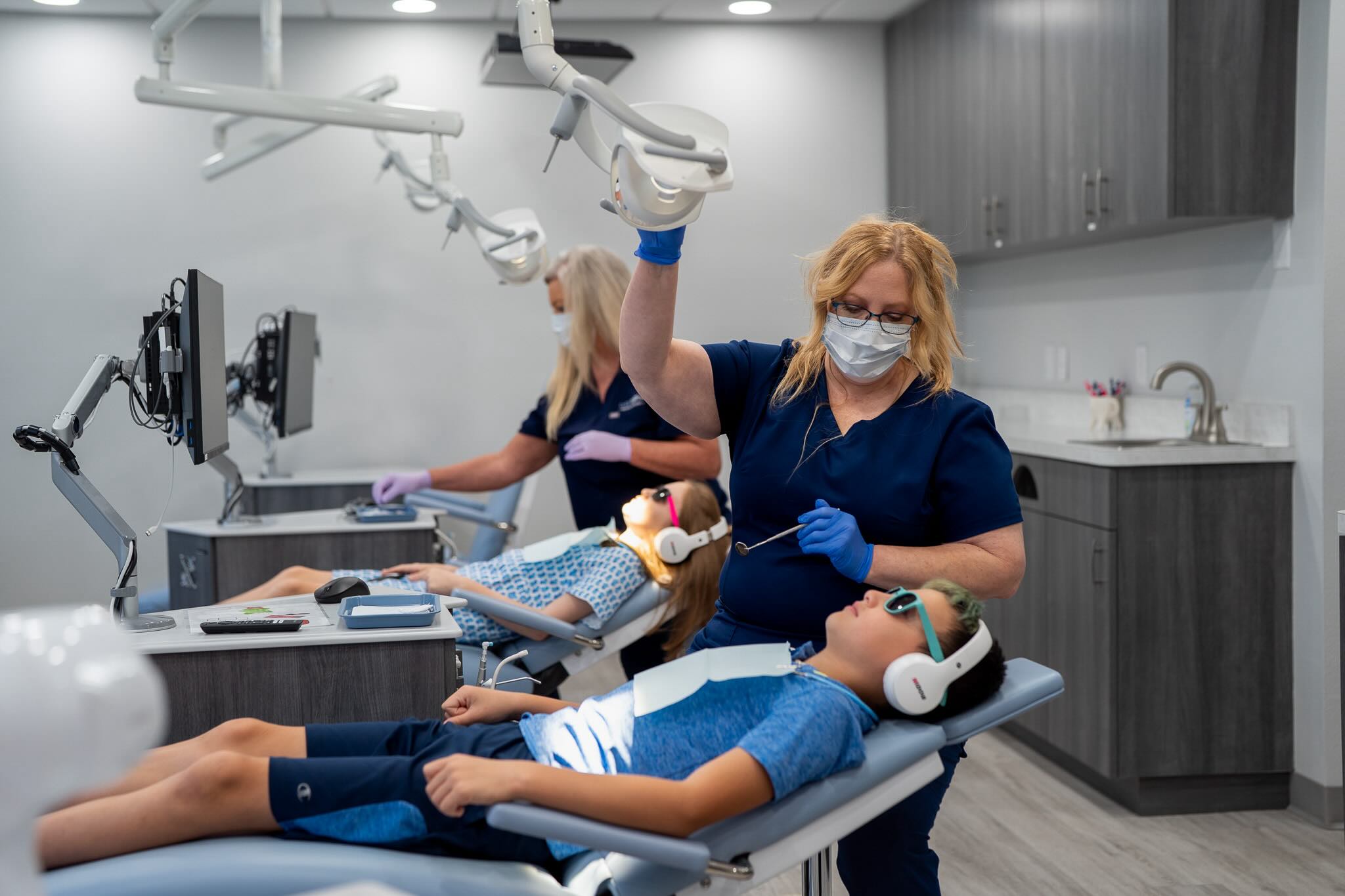
We focus on conservative treatment options that keep your child comfortable while protecting as much natural tooth structure as possible. When cavities are small or just beginning, we can often slow or stop them with medicated approaches instead of traditional drilling. Our doctors use the latest evidence-based techniques to give your child gentle, effective care.
Learn More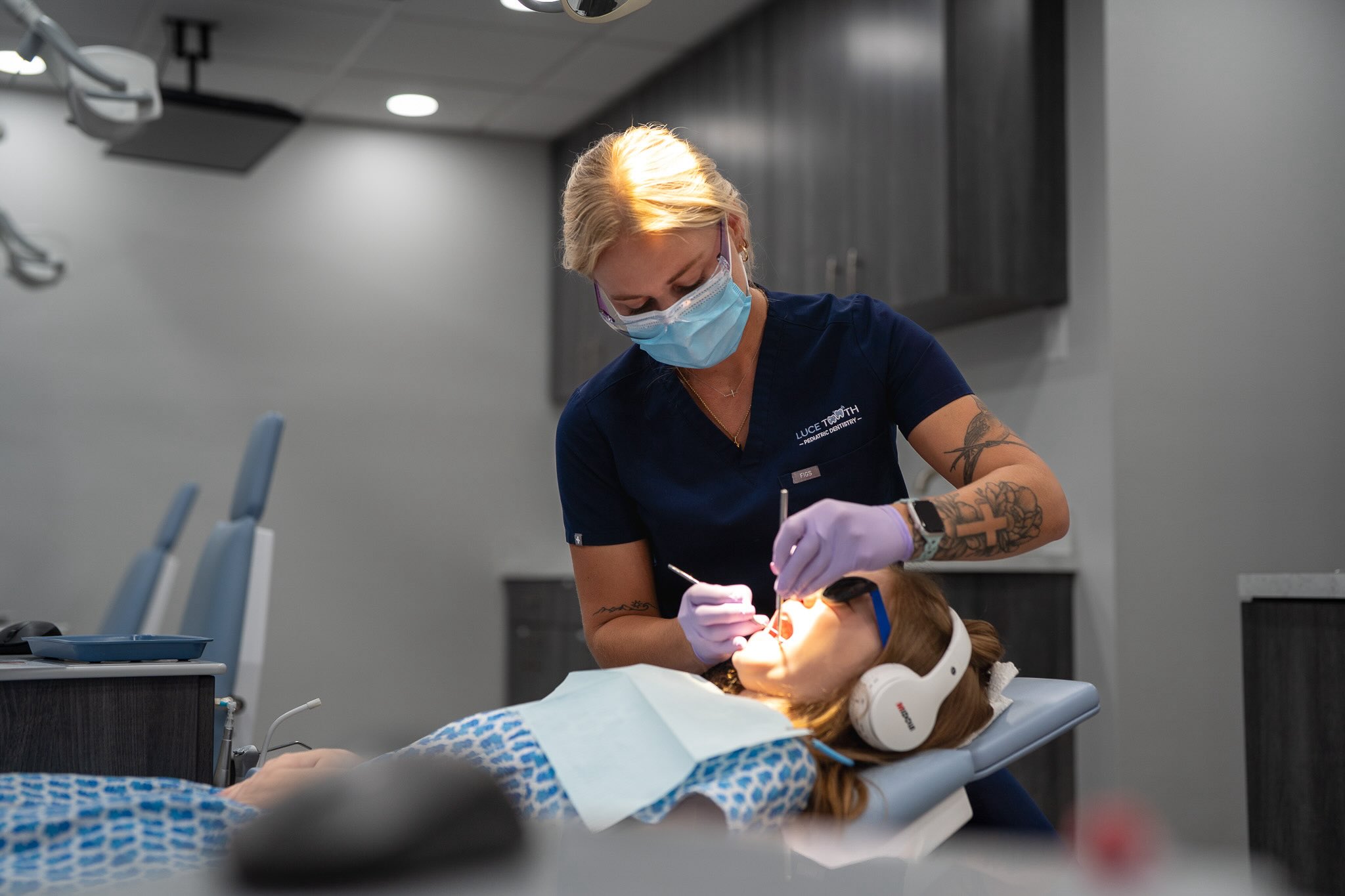
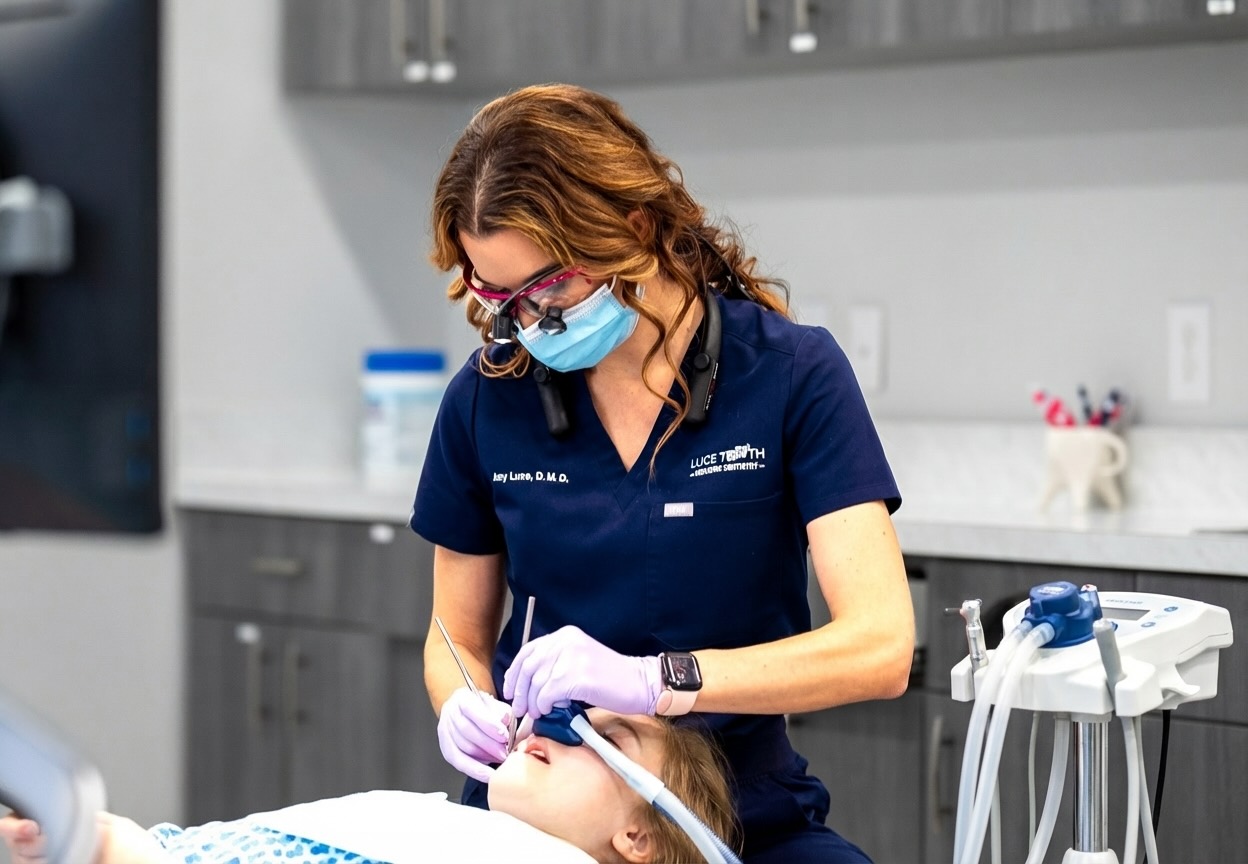
Sedation helps children feel calm and comfortable during dental treatment, especially when they’re anxious or have more complex needs. Our team is fully trained to offer options ranging from nitrous oxide to oral conscious sedation and IV sedation, choosing the safest and most supportive approach for your child. We take time to explain every step so families feel confident and reassured throughout the process.
Learn More
Our restorative treatments are designed to keep your child’s smile healthy, strong, and beautiful with the most natural-looking results possible. Whether your child needs a small cavity repaired with a tooth-colored filling, extra protection with a sealant, or a durable pediatric crown, we always take a gentle approach that prioritizes comfort and minimizes stress.
Learn More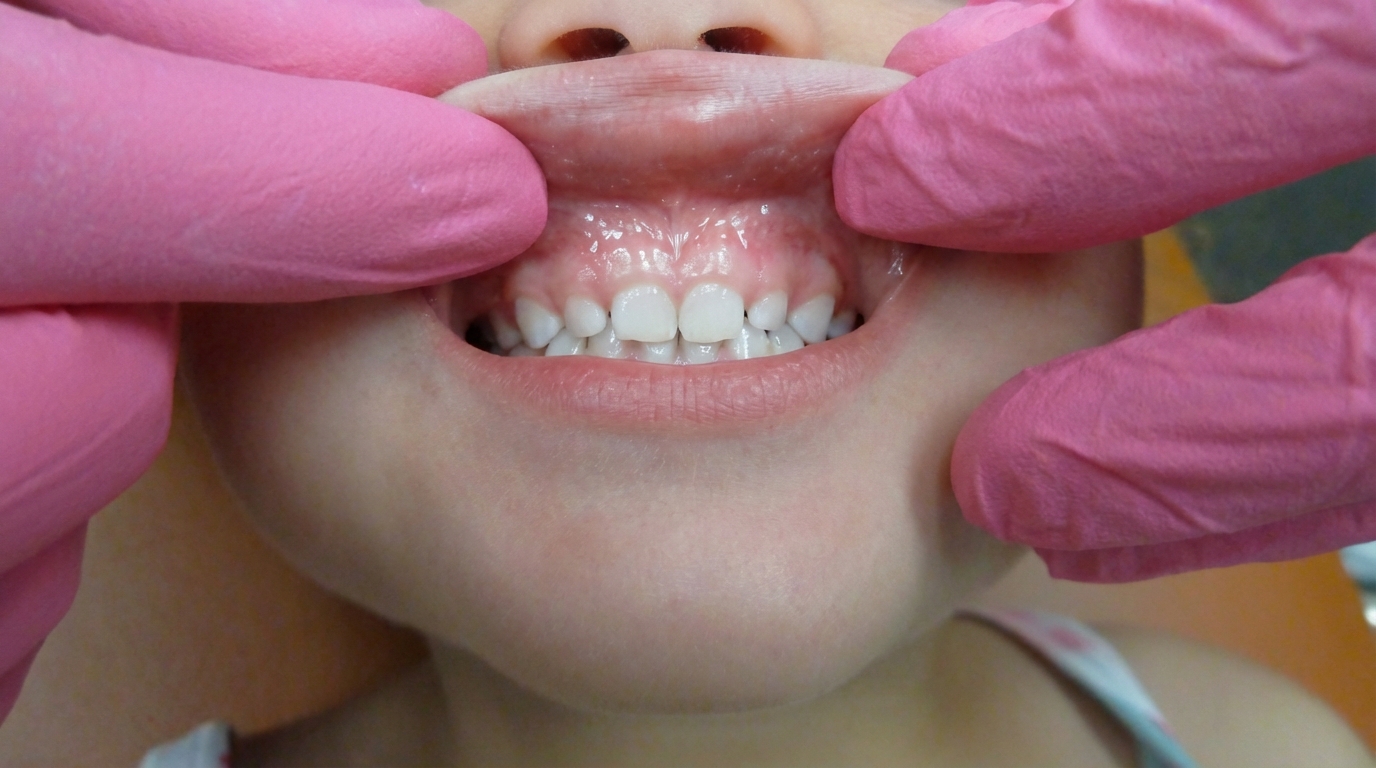
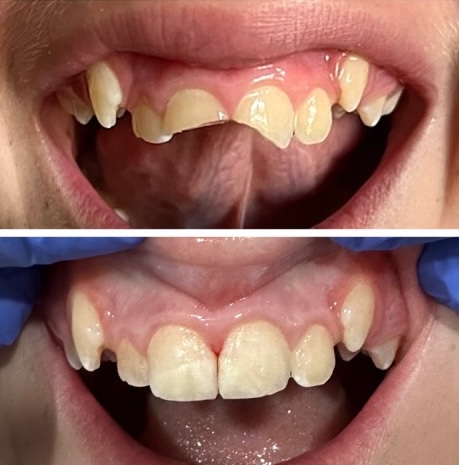
When dental emergencies happen, our team is here to help your child feel comfortable, safe, and cared for as quickly as possible. Whether it’s a sudden toothache, a chipped tooth, or an unexpected injury, we provide prompt evaluations and treatment options tailored to your child’s needs. Our gentle, family-focused approach ensures you’re never navigating urgent dental situations alone.
Learn More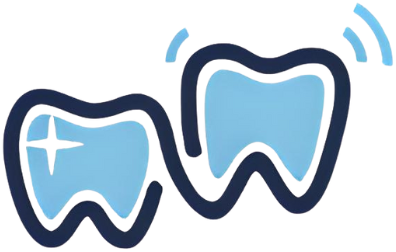

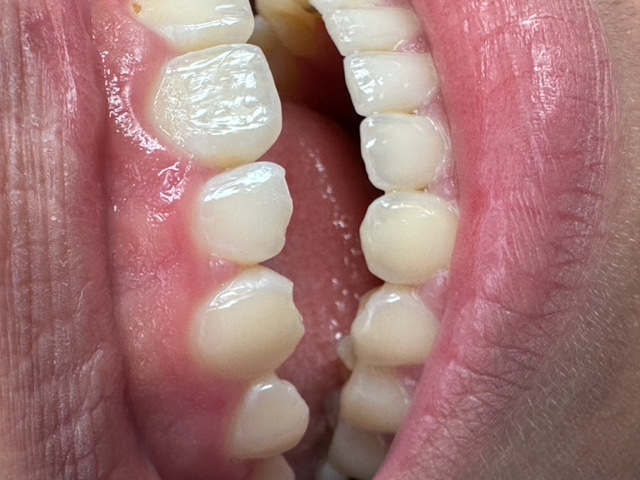
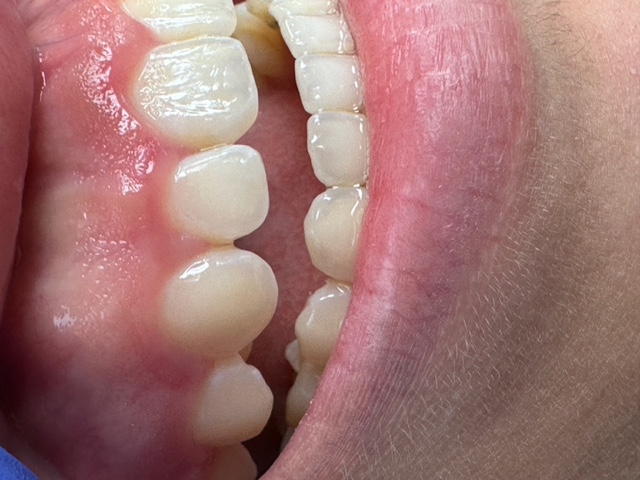
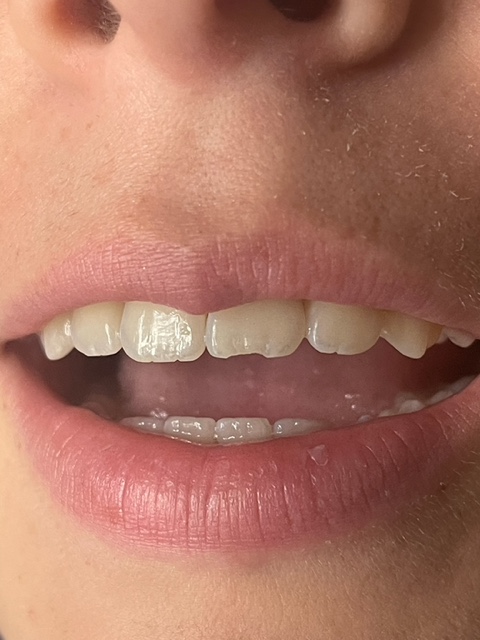
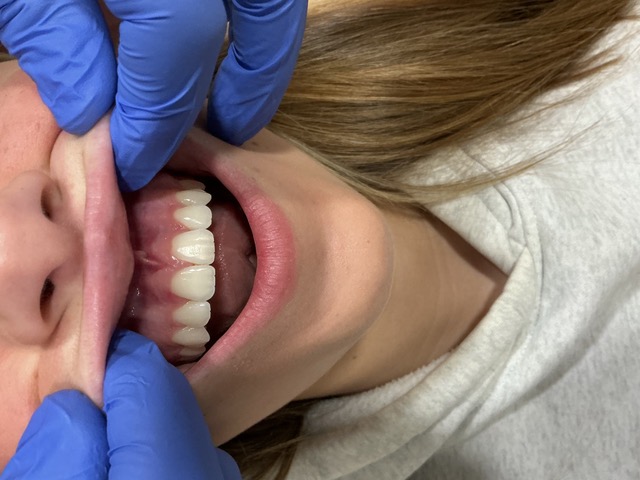
Founded by husband-and-wife team Dr. Amy Luce and Dr. Aaron Scheps, Luce Tooth Pediatric Dentistry was built on the belief that every child deserves gentle, personalized care in a place that feels like home. From your first visit, you’ll experience a welcoming environment where families are heard, comfort comes first, and little smiles shine bright.
Learn More About Us